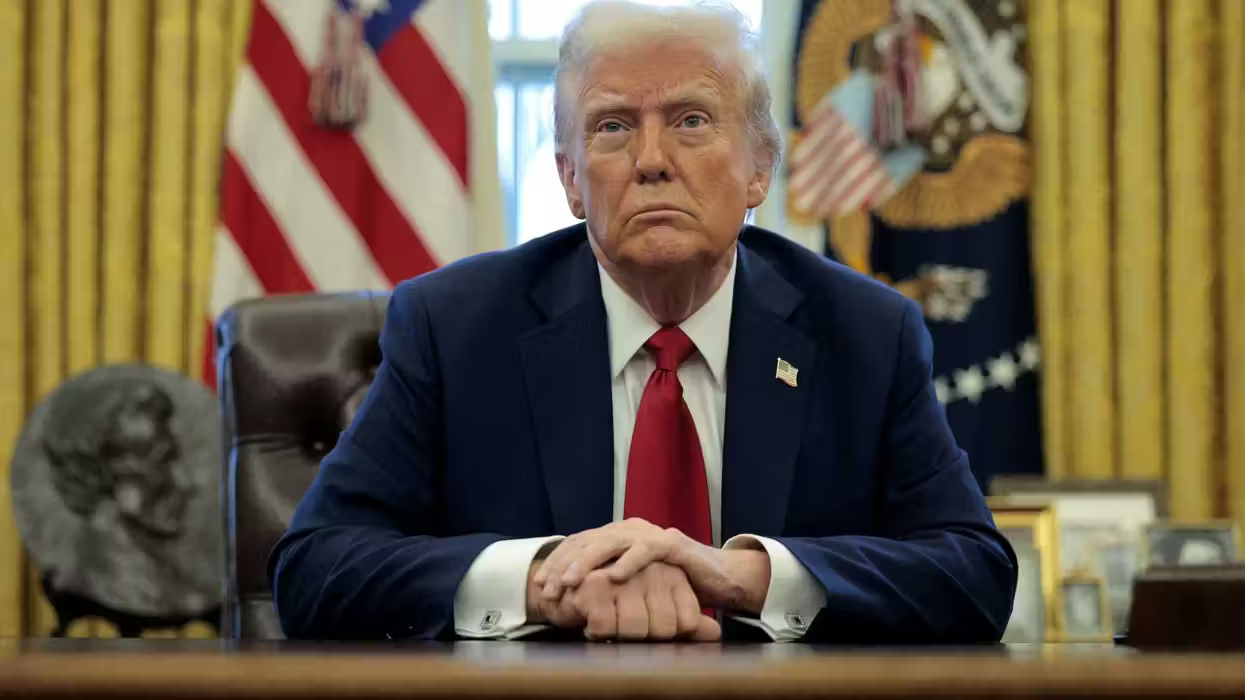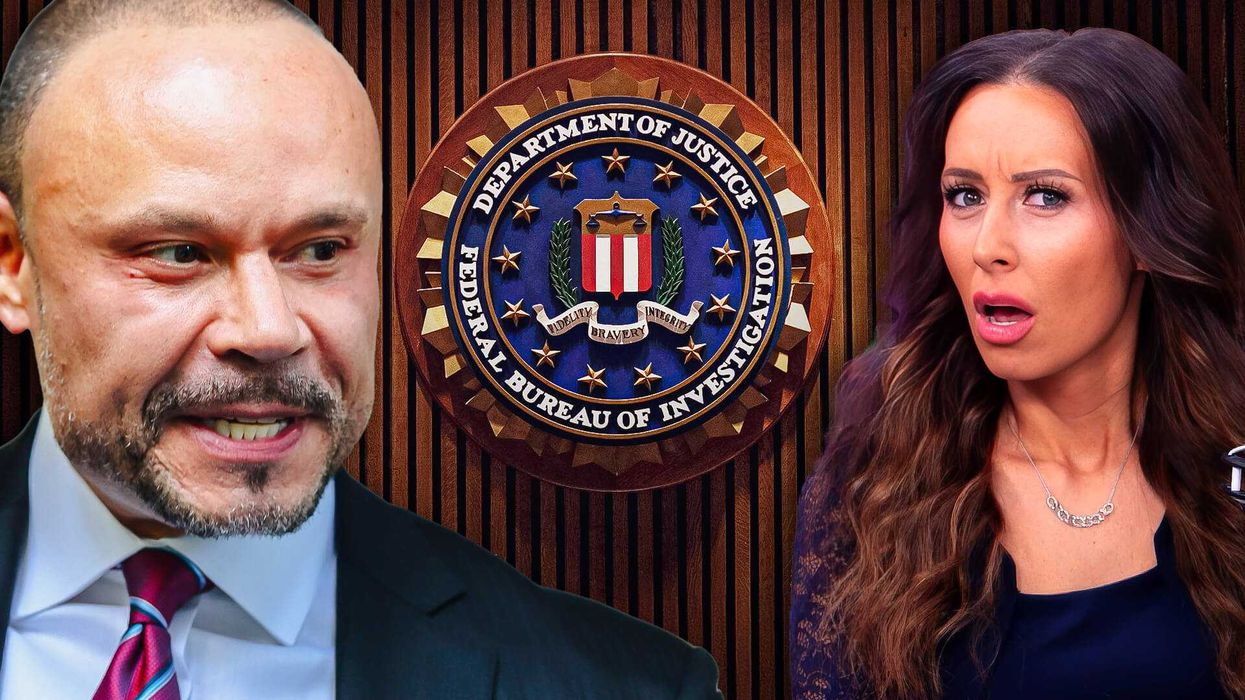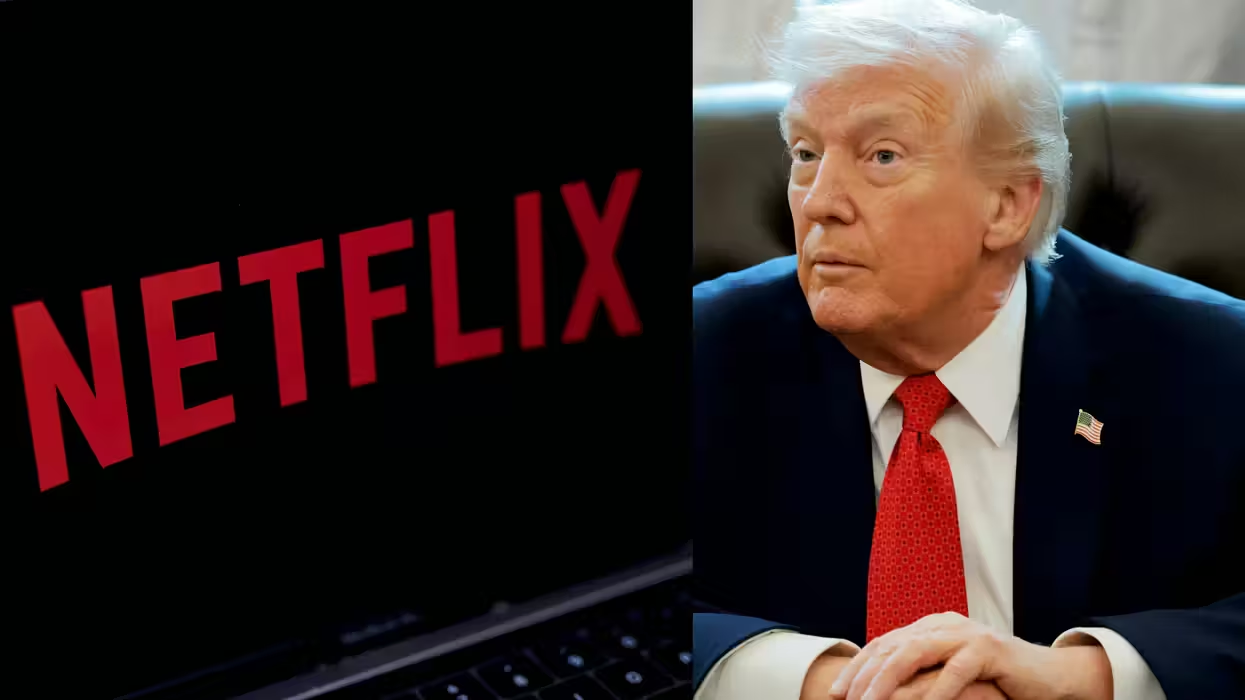The consensus among Western leaders and experts is that Russian President Vladimir Putin will soon cave in when it comes to the Ukraine crisis in response to financial and economic pressures. According to this view Russia’s strongman will see the light and become a more compliant, amenable member of the international community. In other words, the Russian bear will be caged.
This view is both right and wrong.
Yes, Western politicians assume current geopolitical and economic conditions will force Putin in the direction of compromise. However, almost nobody thinks that Putin will become an agreeable member of the international community. International and domestic forces may sedate the bear for some time, but it could awaken anytime the West lets down its guard.
As Forbes described it: Russia is “an energy-rich, nuclear-tipped rogue state with an undisputed, unpredictable and unaccountable head unconstrained by world opinion in pursuit of its goals.”
In the first years after he had come to power, Putin occasionally tried to reach out to the West. Since the start of his third presidential term, he has changed tack and has been making use of the absence of unity and strong leadership in Europe and the U.S. to test the patience and tolerance of the West to the limits (and beyond).
Western countries have long seen Putin as a scoundrel - but a scoundrel you could do business with. This has changed, and Putin now has more to worry about as he is facing a perfect storm of economic, geo-strategic and domestic political winds.
 Russian President Vladimir Putin speaks during a state award ceremony honoring participants of the Olympic and Paralympics Games in Sochi in the Kremlin, March 24, 2014 in Moscow, Russia. Sasha Mordovets/Getty Images
Russian President Vladimir Putin speaks during a state award ceremony honoring participants of the Olympic and Paralympics Games in Sochi in the Kremlin, March 24, 2014 in Moscow, Russia. Sasha Mordovets/Getty Images
Despite the challenges Russia faces, there are plenty of reasons why Putin may not be as vulnerable as many claim.
The first reason is force. Russia has the second strongest army in the world, and no neighboring country outside of China even approaches its military heft.
The second reason is grounded in domestic politics. Putin is still popular with the Russian public. His focus on traditional Russian values and nationalism provide the populist and authoritarian leader with a solid power base. Even if Russia's economic situation should worsen further, the population may be slow to sour on Putin, much less to revolt. Russians are used to setbacks and misery.
Low oil prices may harm Russia, but according to Alfa Bank, these effects are sometimes exaggerated. The drop in the oil price deals a tough blow to Russia's budget, its economic growth, and its trade balance, but it will be some time before this threatens Putin in any serious way. Moreover, due to a sharply depreciated ruble, Russia's break-even point for the price of oil has dropped (although we should not overestimate this effect as Russia imports a lot).
Meanwhile, Russia's adversaries appear weak and divided.
[sharequote align="center"]Russia's adversaries appear weak and divided.[/sharequote]
European leaders face considerable domestic problems and are struggling to keep the European Union intact. Cracks are appearing in the "united European front" against Putin. Countries such as Hungary are slowly sliding back into the Kremlin's orbit. The U.S. has chosen a more confrontational stance against Putin than Europe, but many Congressmen still think the administration is opting for too soft a line. Other powers are keeping their options open in responding to Putin's aggression. Japan avoids confrontation, and Brazil, India, China, and South Africa (forming BRICS) are taking a neutral stance.
So Putin may be powerful enough to sit out some economic upheaval, but even he must have become quite nervous with oil losing 60 percent of its price over the last quarters. The ruble has taken a nose-dive; Russian stocks are very volatile; interest rates are going through the roof; international reserves were down $120 billion to $390 billion at the end of 2014; the banking sector needs emergency aid; rating agencies have downgraded Russian debt and the economy has to deal with double-digit inflation. Forecasters predict the Russian economy will shrink 4 percent or more this year and per capita income in U.S. dollar terms is expected to shrink up to third in 2015.
Yet, this doesn’t mean to say that Europe and the U.S. can afford to remain passive and wait until Putin gives in. Unfortunately, especially many EU states are out of practice when it comes to power games. They are unsure how to handle a man who has donned boxing gloves and does not have any qualms about using hard power when he wants to expand his sphere of influence.
 Russian President Vladimir Putin meets with Tyumen region governor Vladimir Yakushev in the Novo-Ogaryovo residence outside Moscow, Wednesday, Feb. 19, 2014. AP Photo/RIA-Novosti, Mikhail Metzel, Presidential Press Service
Russian President Vladimir Putin meets with Tyumen region governor Vladimir Yakushev in the Novo-Ogaryovo residence outside Moscow, Wednesday, Feb. 19, 2014. AP Photo/RIA-Novosti, Mikhail Metzel, Presidential Press Service
In Europe, geopolitics has been shown the door in recent decades as morals and trade interests took central stage. To such an extent, that EU countries can barely understand why any country would opt for confrontational politics instead of just doing business together. Implicitly, they had come to believe that the entire world would shift towards a capitalist democratic system in which it would be unthinkable to take up weapons against (potential) trade partners.
Global developments show that this was a mistake. The fact that many countries operate on the basis of very different precepts and values than Western ones often leads to problems. One misunderstanding or disagreement, one "spoiler" nation that does not abide by the "rules" can be enough to create a climate of mutual suspicion, power games, and (military) threats and intimidation.
Armies may no longer feature in the mutual relationships between European countries. However, it was kind of naïve to think that the same would apply outside the EU's borders. Contrary to what many European leaders expected, the demilitarization of Europe did not set an example for the rest of the world.
Power in international relations has three aspects: military, political, and economic. Europe has been focused too much on the latter while paying scant attention to the first component. The different ways in which Russia and Europe have approached the Ukraine crisis says it all.
Europe stated from the start that military action was out of the question (which was unwise) whereas Putin deployed a hybrid strategy of military smoke screens, commando troops, propaganda, economic pressure, energy policy, and diplomacy. In short, Putin was seen to be a lot better at combining soft and hard power and he is not afraid to play hardball as soon as his opponents hesitate.
Now that Putin’s position has weakened and he seems to be steering a more careful, less ambitious and less belligerent course, Europe and the U.S. should not cry victory. Putin has still managed to lock the Ukraine crisis in as a frozen conflict and Crimea is lost. No doubt, Putin may be tempted to open the next round when oil prices recover and the EU is too preoccupied with its own political, social and economic troubles and the U.S. is busy electing a new president and dealing with the rise of China.
This piece was written to accompany the three-part series “The Root: Red Storm” on The Glenn Beck Program airing Monday, Tuesday and Wednesday night at 5 p.m. ET on TheBlaze TV.
–
TheBlaze contributor channel supports an open discourse on a range of views. The opinions expressed in this channel are solely those of each individual author.

 Russian President Vladimir Putin speaks during a state award ceremony honoring participants of the Olympic and Paralympics Games in Sochi in the Kremlin, March 24, 2014 in Moscow, Russia. Sasha Mordovets/Getty Images
Russian President Vladimir Putin speaks during a state award ceremony honoring participants of the Olympic and Paralympics Games in Sochi in the Kremlin, March 24, 2014 in Moscow, Russia. Sasha Mordovets/Getty Images






